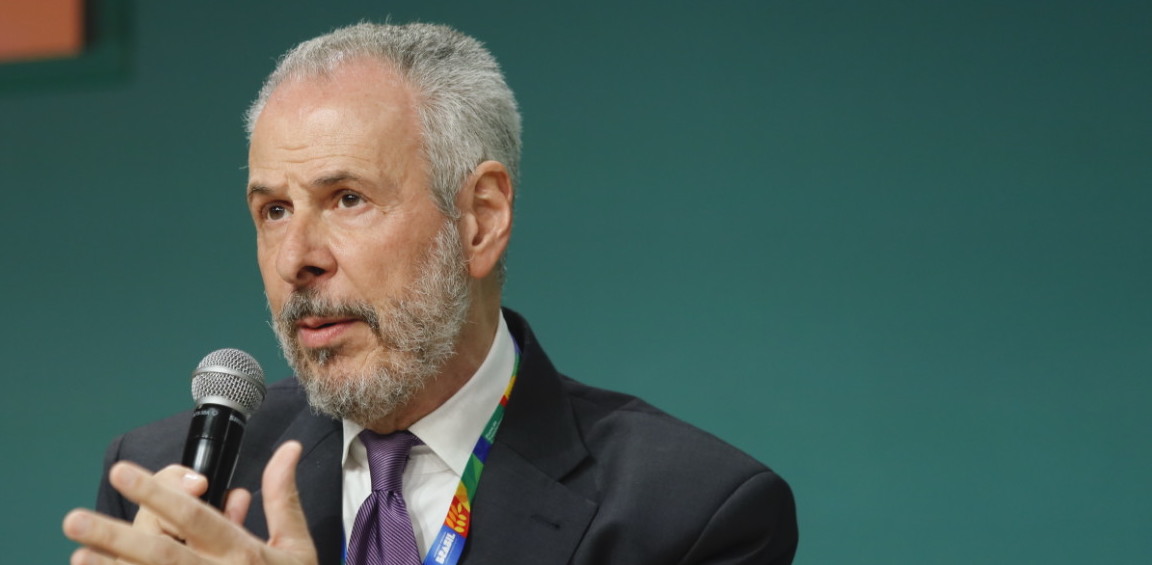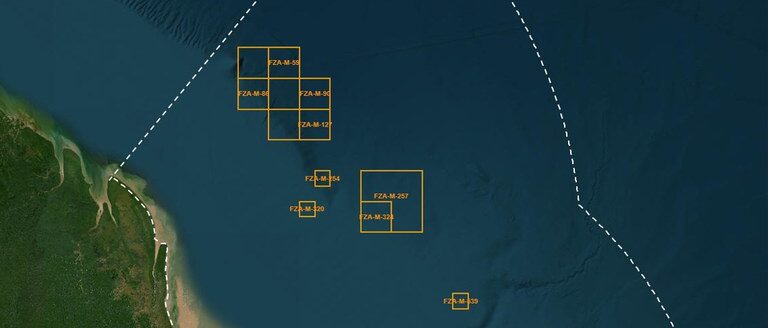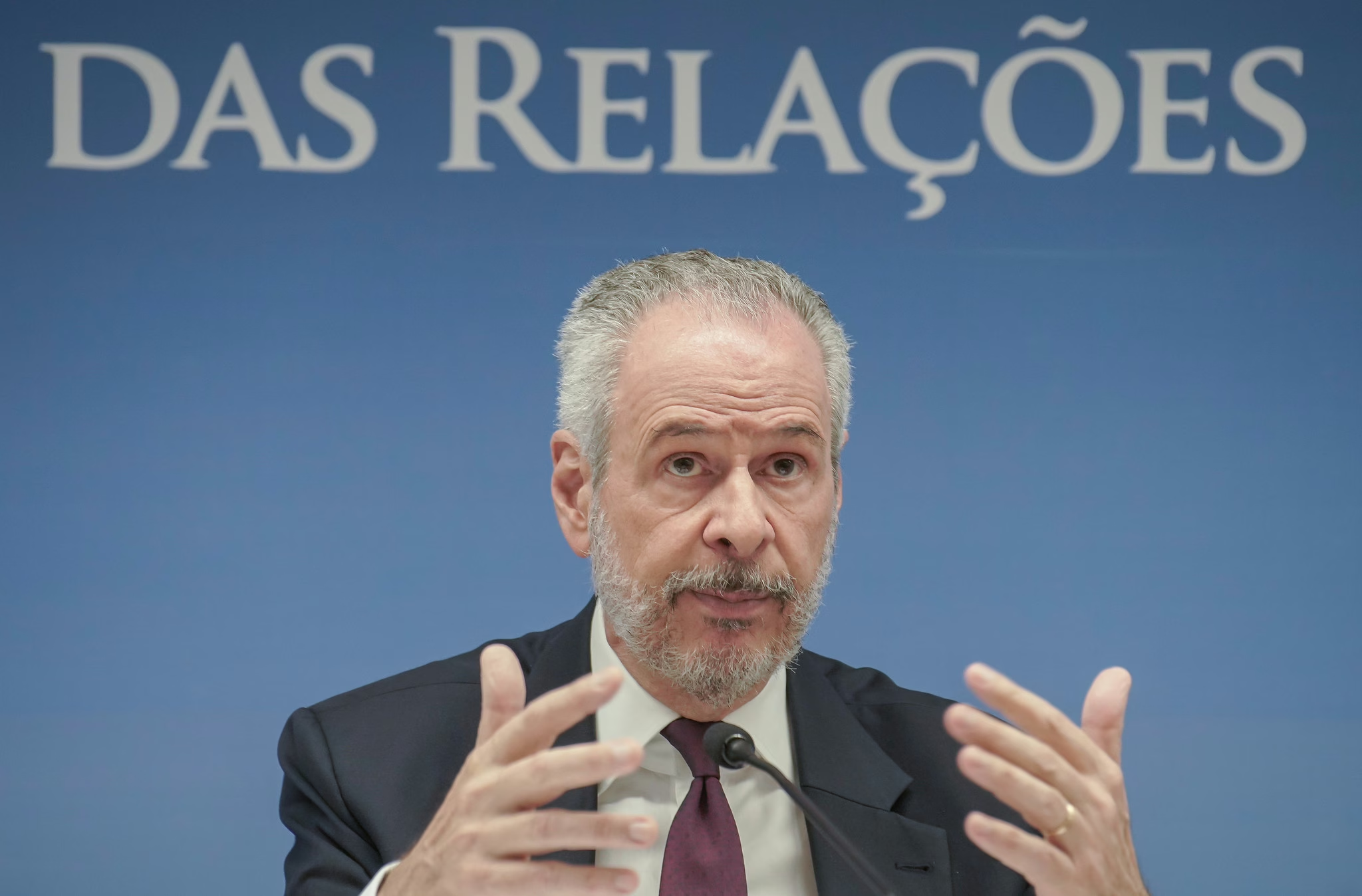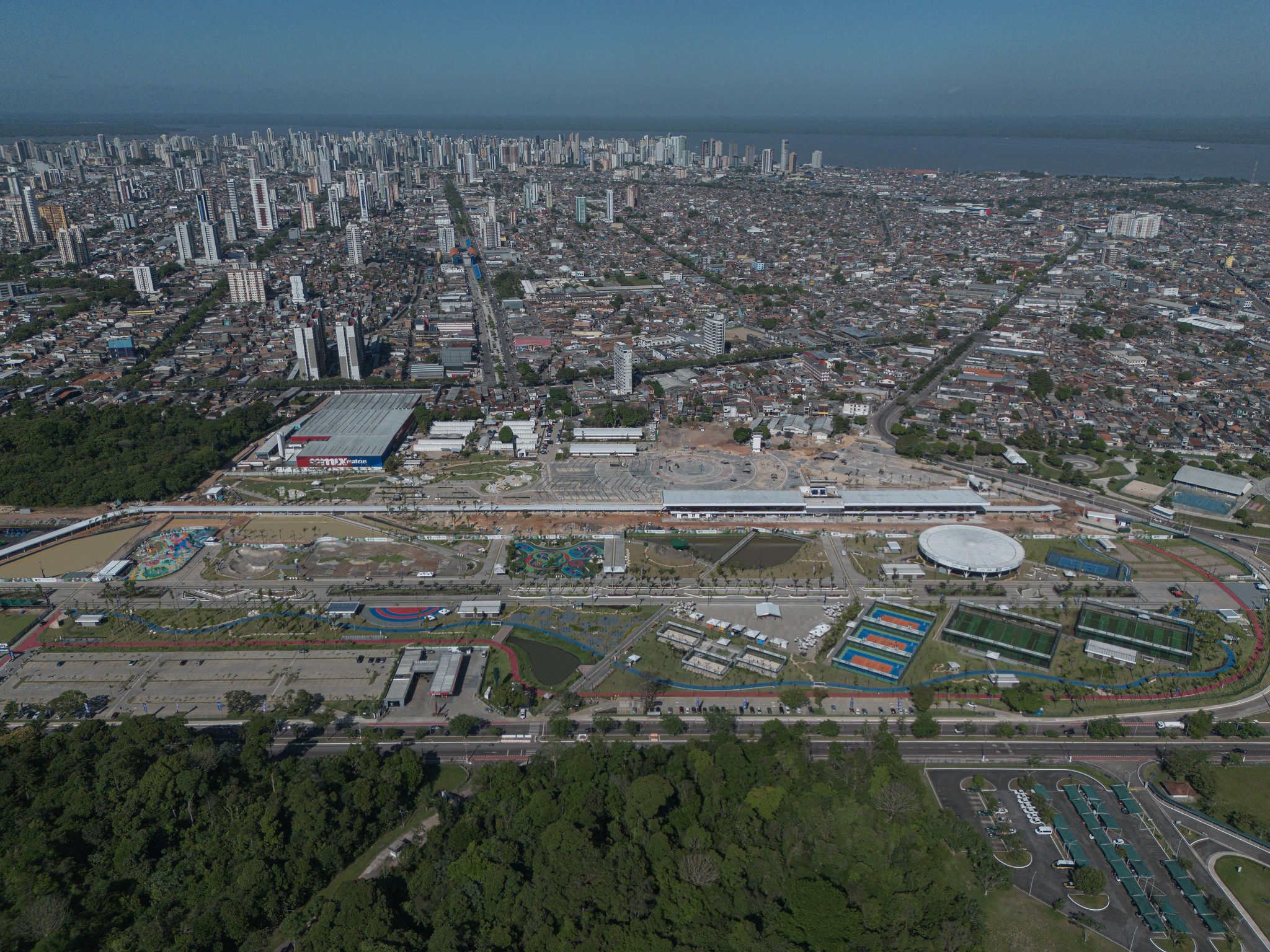The steering committee of the Climate Observatory welcomes the appointment of Ambassador André Corrêa do Lago as President of COP30, the climate conference to be held in Belém, and of Climate Change Secretary Ana Toni as its executive director. It is hard to imagine two people better suited for the role, given their extensive experience and deep understanding of multilateral climate negotiations.
Corrêa do Lago possesses both the skills and the respect of the international community—qualities he will need to tackle a challenging agenda at a time when global warming has exceeded the Paris Agreement’s limits and geopolitics are increasingly hostile to climate action and international cooperation.
COP30 must demonstrate to the world that the multilateral climate process remains vital to addressing humanity’s greatest collective challenge. The conference must accelerate the implementation of the Paris Agreement, particularly the provisions from its first Global Stocktake, which concluded that humanity must begin phasing out fossil fuels within this decade. It must ensure that national climate targets (NDCs) for 2035 align with the goal of limiting global temperature rise to 1.5°C—something that no NDC submitted so far delivers. Additionally, it must conclude critical negotiations, especially on the Global Goal on Adaptation. Finally, it must outline how hundreds of billions of dollars per year will be mobilized to combat the climate crisis in developing countries.
All of this must happen in a context of maximum distrust and minimal cooperation among nations, following the failure of COP29, the declining leadership of the European Union, and with the United States actively working against climate progress. The COP duo, in symbiotic coordination with Environment minister Marina Silva, Brazil’s top climate authority, will need to navigate this geopolitical storm while also managing domestic challenges. Lula’s delay in appointing the COP presidency suggests less consensus within the government about the event’s importance than appeared in 2022, when the president expressed willingness to fill the global climate leadership void. This delay adds pressure to quickly set the agenda and build consensus among nations.
The Climate Observatory looks forward to working with Ambassador André Corrêa do Lago to ensure COP30’s success, recognizing that the roles of government and civil society remain distinct. We wish the presidency team luck and courage—and we will be watching.
(translated from Portuguese with the help of AI, with human supervision)





